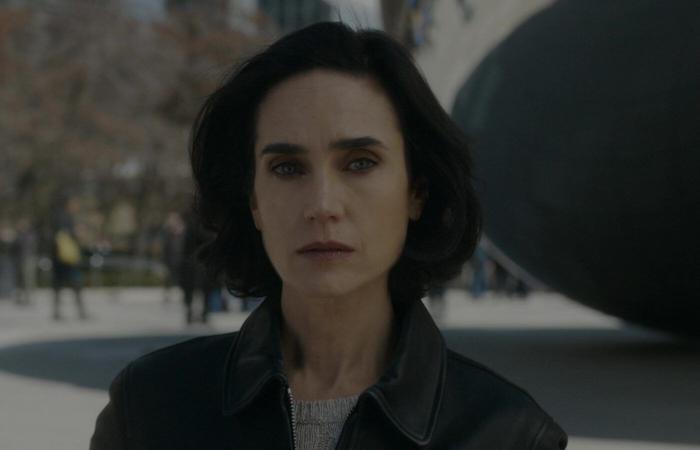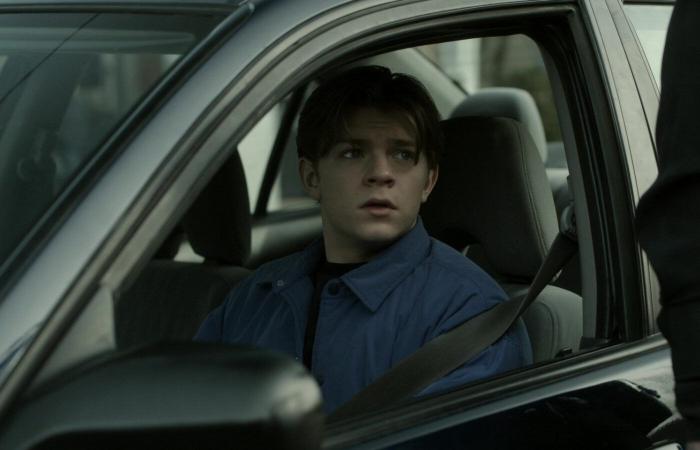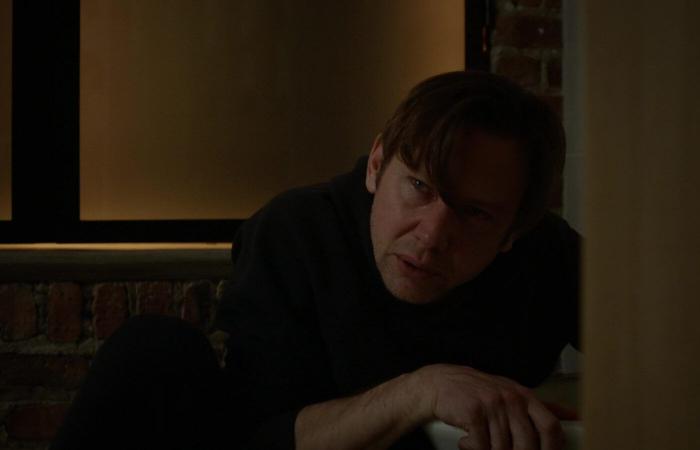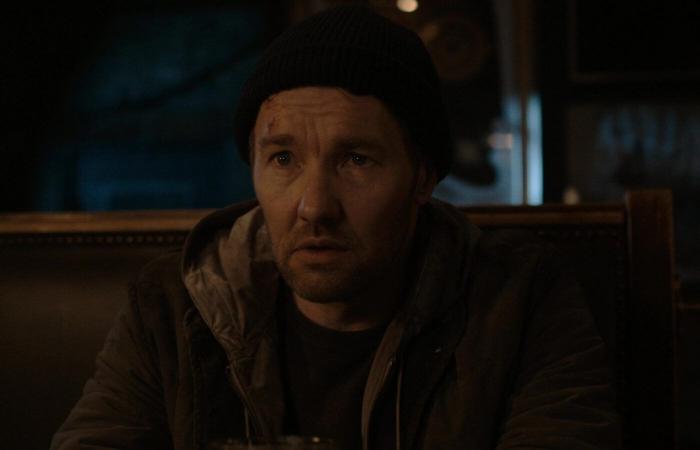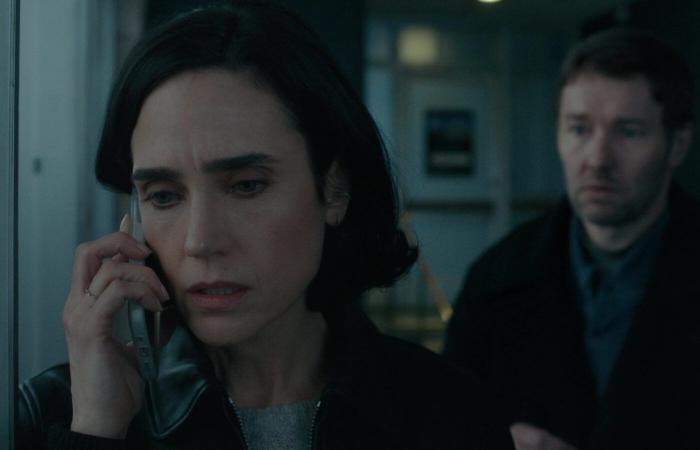Dark Matter started with the handbrake on, and didn’t give us the impression of having much to give. But then there was an acceleration.
Sometimes it’s really nice to be proven wrong. Especially when you watch a TV series that you didn’t give two cents to, only to realize later that maybe you can give up that little penny, because the first impression may be the one that counts, but it’s not always the most reliable.
It was May 10th, two and a half months ago, when we talked about the first two episodes of Dark Mattera science fiction series created by Blake Crouch, who is also the author of the novel on which it is based.
And we didn’t talk about it very well. Not too bad, to tell the truth, but we didn’t find any great points of real interest for a product that seemed too average and which arrived just a few days after the end of Constellationsanother Apple TV+ series and another story focused on the multiverse, which had its problems (they even canceled it) but seemed a little more courageous, at least in terms of staging.
Well, several weeks have passed since then, for a total of nine episodes, and I feel like saying that Dark Matter she redeemed herself. Maybe he didn’t take a route to Fringe or to the Parks & Recreationwhich after the first limping episodes have become half masterpieces. But for sure Dark Matter it showed that beyond that somewhat bland first layer, something tastier was waiting for us.
I don’t think it’s necessary to do a big recap, if you’re here it’s because you’ve followed the series, but I’ll still try to avoid huge spoilers on the final events, apart from one well-marked section.
If you remember, within a story made of parallel dimensions and a protagonist who was a father of a family who was kidnapped by another self, eager to replace him to repair the mistake of not having chosen love when he could, we had found several elements of weakness.
There was Joel Edgerton’s identical face (spoiler: this issue remained the same); there was a science fiction that seemed very sacrificed, almost a mere tool to introduce a family drama focused on the weight of responsibilities and free will; there was the feeling that those same themes were treated in a rather superficial way, with the “good” protagonist who is good above all because he chose family and love instead of a cold career; and there were also individual questionable choices both in terms of excessive simplification (that loud “click” to indicate the jumps from one universe to another), and from the point of view of the promotion of the series itself, with those very spoilery trailers on first and most important twist of the pilot.
In short, there were some merits, but also a certain number of defects, which rather than specifically ruining those two hours, suggested that the following ones wouldn’t have much to add. And this is exactly where Dark Matter instead it managed to find its own path and its own richness, delving deeper into its themes, giving an unexpected breath to its narration, but above all finding better ways to amaze and fascinate, something that at the beginning it just wasn’t able to do (also for that spoilery twist thing).
As far as I’m concerned, given that I had experienced that lack rather badly, it was science fiction that grew up. While remaining very accessible, without therefore becoming particularly “hard” science fiction, when Jason begins his journey back home Dark Matter actually manages to begin a path of description and expansion of the multiverse, which becomes more and more interesting as the episodes go by.
The more detailed description of the box-machine that serves to change dimension, with that image of the infinite corridor full of doors; the exploration of the many possible worlds, each with its own opportunities and risks; the further explosion of possibilities when one realizes (and I won’t detail this element too much, for now) that the creation of new multiverses based on the characters’ choices doesn’t end even when the protagonist actually begins to travel through the multiverse.
These are all elements that increase the adventure rate of Dark Matter and the possibility for its protagonists to really move and experience real risks. Above all, they are constant opportunities for discovery for viewers, who instead of being confined to a continuous bounce between two universes separated by a click, have the opportunity to continually wonder what will happen the next minute, without ever being too certain.
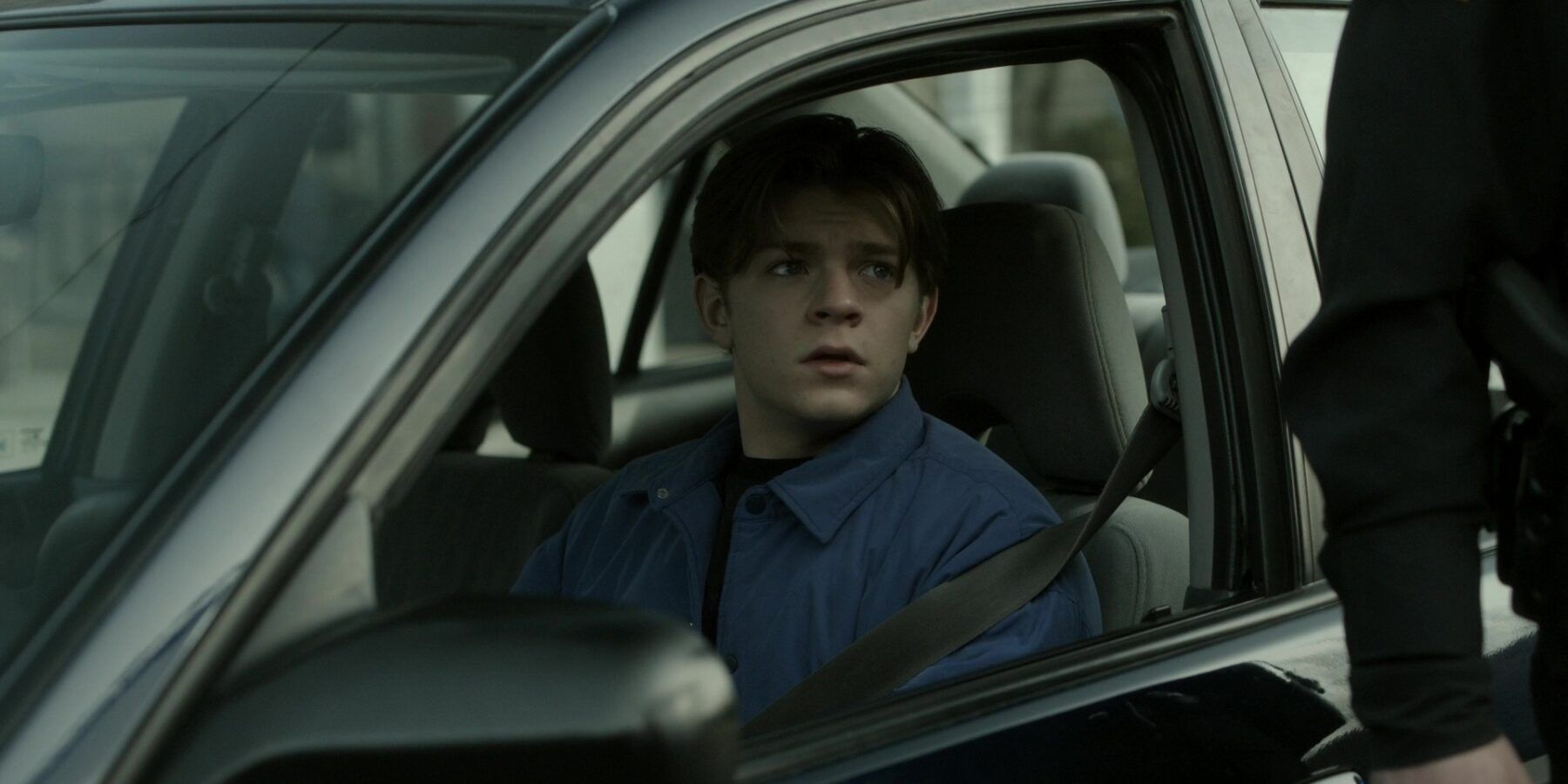
Let’s be clear: for the most part these are concepts and dynamics that we have already seen elsewhere, both in cinema and on TV, and the same Fringe or Counterpartwhich someone had also mentioned in the comments of the previous review, had managed to put a greater personality on the field than Dark Matter.
And yet, once again, the sudden wealth of ideas from the Apple TV+ series ends up reverberating on the other elements of the story, the more human and less science fiction ones. Thus, what seemed like just a clash between a poor fool who chose a career and a good guy who instead prefers family, instead becomes a broader discussion not only, or not so much, on the theme of choices, regrets and remorse, but also on that of ambition.
The characters of Dark Matter they are called not only to express wishes and make binary choices hoping to get the right one, but are instead invited to decide what they want to sacrifice. The bad Jason, all things considered, is not bad because he made the wrong choice: he is bad because he claims not to choose, setting himself up as a semi-divinity to defeat the very concept of the Multiverse, which is generated by the alternative choices of beings humans.
This kind of ambition, flanked by its opposite, namely the (difficult, very difficult) ability to let something go, to not necessarily cling to everything, suddenly elevates the series to a higher step in its philosophical research, at least compared to what were the premises.
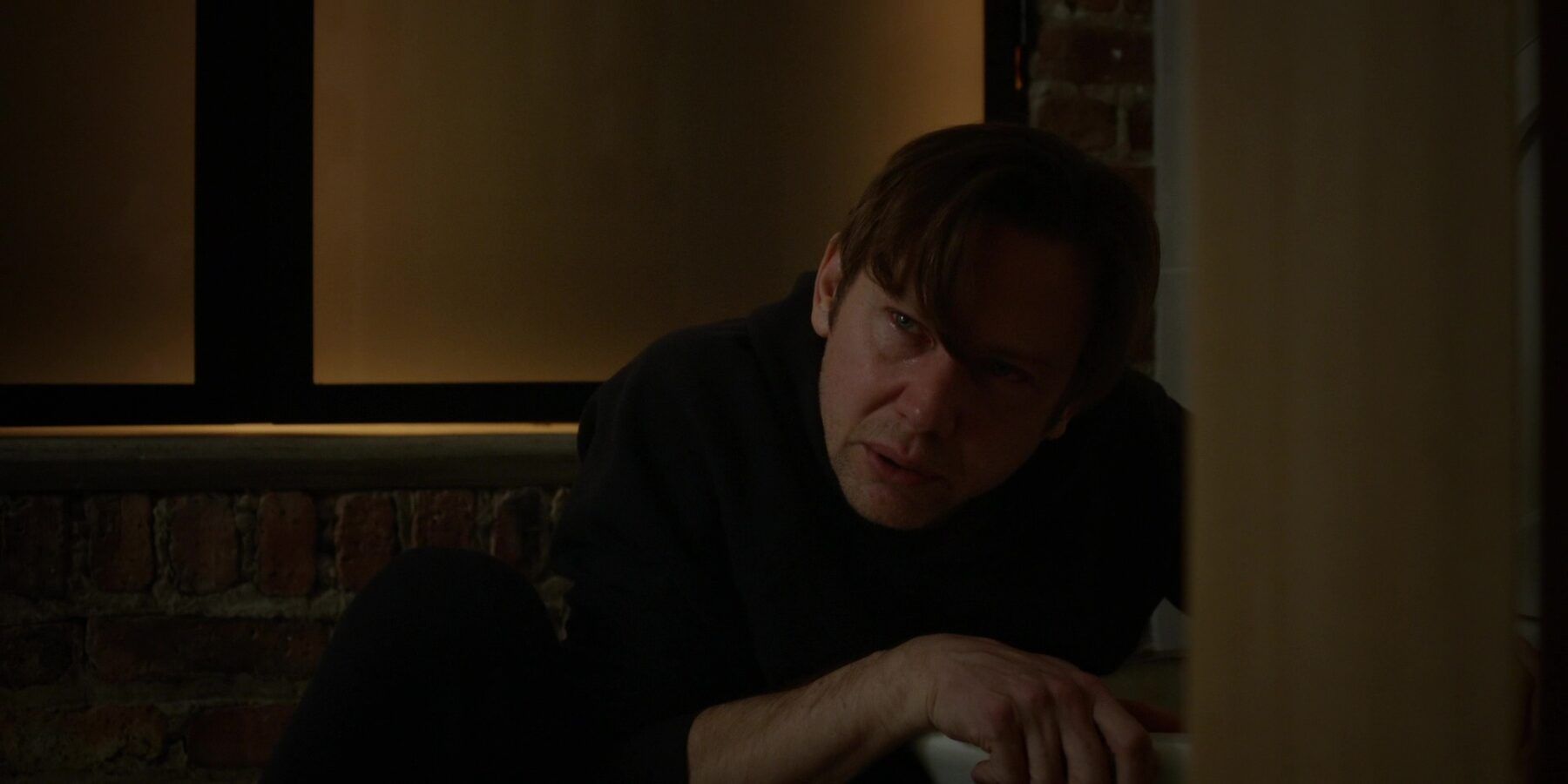
And note that, just like the story of the exploration of the multiverse, the entry into that different territory of reflection also receives further insights and facets. I think for example of the moment in which “our” Jason, in the company of Amanda, finds her old colleague, the first to enter the box and never returned.
The woman is still there, in a solitary and dark version of the laboratory from which it would be natural to try to escape, because in reality she has already explored even more frightening universes, and now she doesn’t have the strength to try again, knowing that it could improve her situation, but also make it worse.
In short, another character who doesn’t want to choose, like the bad Jason, but for a completely different reason: fear that paralyzes instead of ambition that blinds.
AND Dark Matter thus works on all the protagonists, even those who don’t travel the multiverse, like Daniela to whom our Jason constantly tries to return.
The mosaic of choices, made or aborted, that the series tells us, becomes a way to investigate the motivations that move us or slow us down as human beings, and the constant challenge between instinct and reason that leads us to take a direction rather than another, without ever knowing, except in serial fiction, what would have happened if we had taken a different path.
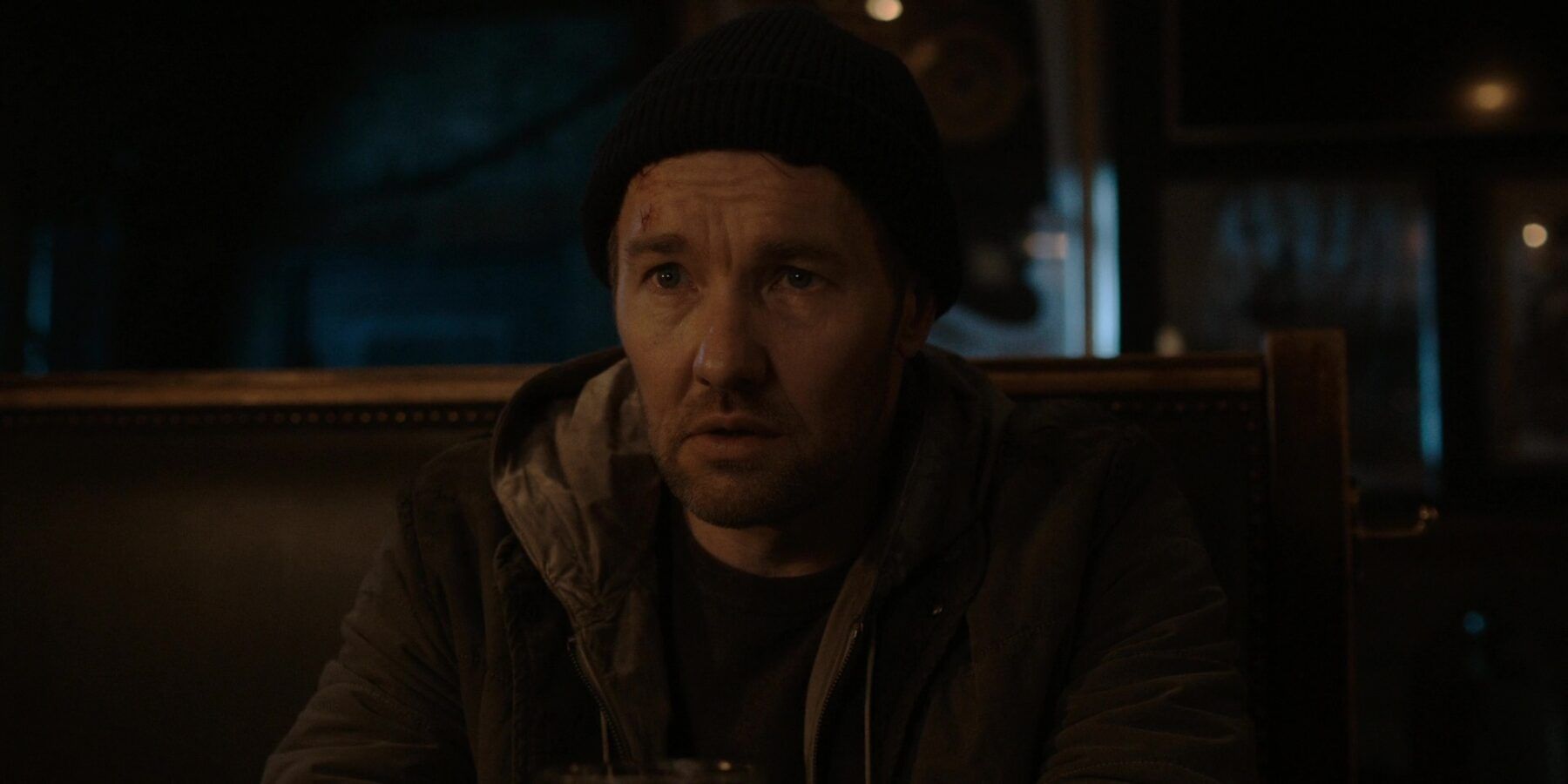
The ending, despite not being cinematically exceptional, manages to further raise the bar, but to explain why, we need to give spoilers.
[INIZIO SPOILER SUL FINALE]
Already in the episodes immediately preceding the last one, Dark Matter had added another level to his science fiction of the infinite multiverse, explaining to us how even the “good” Jason, the one who had been kidnapped and robbed of his life, continued to produce other versions of himself, simply moving between universes, in a chain infinite generation of further worlds.
The dizzying result is the creation of many “good” Jasons, all robbed of their lives, trying to get home when everyone else was doing the same thing.
In this way, the ending subverts an unwritten rule of Hollywood film writing, the one that would like the final clash between the good and the bad. The initial bad guy, in this case, loses importance, because the final clash is between the good guy that we have followed up to this moment, and all the other good guys that have been created in the meantime.
From a narrative and spectacular point of view, we get many Jasons moving on the screen at the same time, but it is from a thematic point of view that we have the real leap forward: each of these Jasons seems more good or bad to us based on choices and actions , in turn born as a response to powerful stress, which are a consequence of the initial division between good and bad. The Jasons with whom “our” clashes are actually all good, all deserving of revenge.
The series, therefore, overcomes its initial dichotomy, showing us not only the importance of choices, but also the ability of the context to influence and direct them, building many different Jasons that arise from even minimal variations, but capable of changing a man’s mind and what he is willing to do to get what he wants.
The final scenes, however, allow themselves a bit of sugar, with a happy ending in which all the Jasons participate, who, in fact, understand that they have to listen not only to their hearts, but also to those of Daniela and Charlie, who have made their choice.
But it is right there, in the company of all those very different Jasons, that we understand how our single existence, whether good or bad, is extremely fragile, the result of a thousand different influences, in which our will counts as much as luck and the case.
And you decide how much this awareness is a relief or a condemnation.
[FINE SPOILER SUL FINALE]
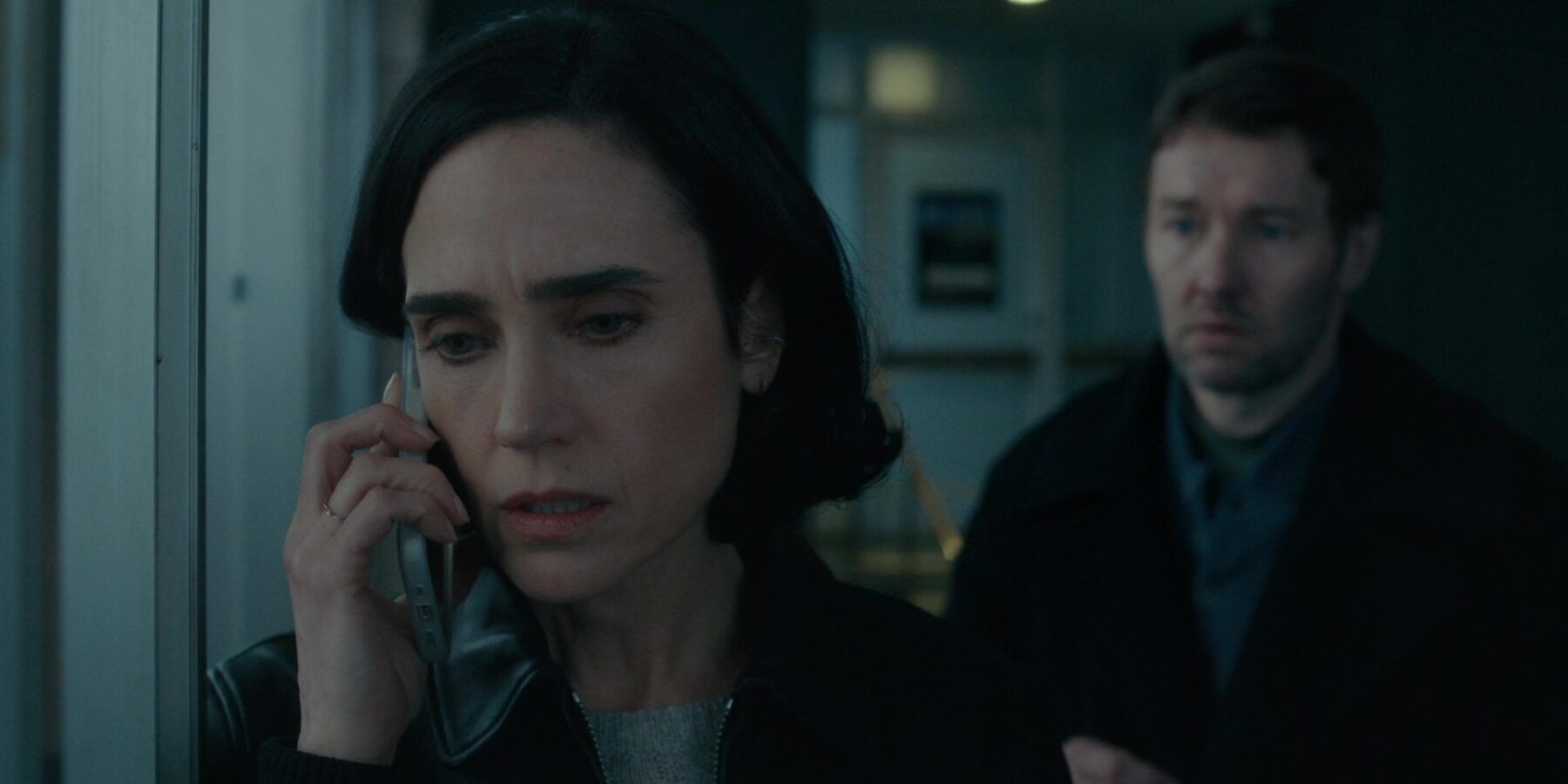
Dark Matter it was not a “masterpiece”. The episodes following the double pilot have failed to fully redeem its problems, or perhaps we should say shortcomings. It’s not a daring series like Severance (just to stay on Apple TV+), nor does it have the visual and acting charisma of a series like Fringe (which was always about the multiverse, and it was 2008).
At the same time, some of those shortcomings have been filled, and in retrospect we could instead criticize the first two episodes for not having managed to suggest a wealth of ideas, reflections, simple adventure, which the series then actually managed to bring out of the cylinder.
The initial question I asked myself two months ago, regarding the comparison between Dark Matter And Constellationsas far as I’m concerned it was totally resolved in favor of Dark Matterwho quite simply knew what he wanted to tell and how, and it just took him a while to get going.
All things considered, a series that I followed with curiosity until the end, and which in at least two or three moments gave me the sensation of opening my brain to amazement and visionary fascination. For nine episodes of such “easy-going” science fiction, it may well be enough.

